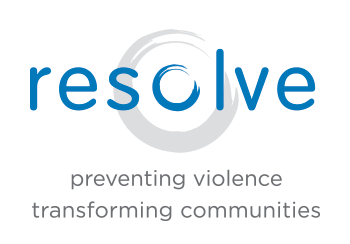Most men are good men. And the good men I know will tell you how sexual violence has affected their lives. Yes, some of them are survivors themselves. Yet, even the majority who are not survivors say that it affects them. They have friends who have confided their suffering at the hands of those who said they loved them. They become lovers of others who have experienced sexual assault and often bear witness to and help their partners work to put aside old scars. They have children to care for and worry about protecting from sexual violence.
Perhaps most notably, many men tell me about crossing the street to avoid scaring a woman who is walking alone. Others tell me about acting carefully when working late hours with a woman so as to not say anything that might intimidate her. Some men go out of their way to seem friendly and engaging to women while other men choose to almost ignore them. They use whatever strategy they think will minimize the threat she may feel: the threat that simply being a man carries in our society.
Women can tell you a list a mile long about what they do to prevent being a victim of sexual assault. It can range from carrying mace to how they dress to where they go at what hour and with whom. Yet as a woman, I don’t have to worry about scaring another human being the way men do.
I used to concentrate so much on men as potential perpetrators that I really didn’t acknowledge what many of them did to make me feel safe. Now that I carry that sense of safety inside me, I am able to truly appreciate how caring and connected the vast majority of men are.
